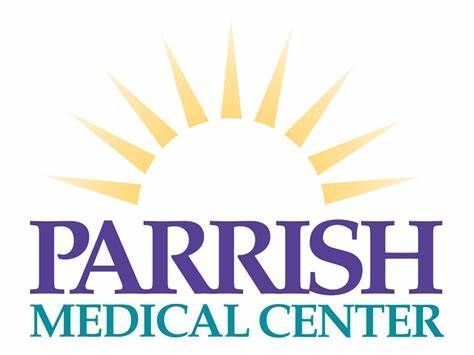Understanding GLP-1 Agonists and Their Role in Heart Failure Management
Understanding GLP-1 Agonists and Their Role in Heart Failure Management
Heart failure is a chronic condition where the heart struggles to pump blood efficiently, leading to symptoms like fatigue, shortness of breath, and fluid retention. While traditional treatments focus on improving heart function directly, newer medications, such as GLP-1 agonists, have shown potential benefits for heart failure patients. This article will explain how GLP-1 agonists work, why they might be beneficial for heart failure, and provide examples of GLP-1 agonists.
What are GLP-1 Agonists?
GLP-1 agonists, or glucagon-like peptide-1 receptor agonists, are a class of medications primarily used to manage type 2 diabetes. These medications mimic the action of the naturally occurring hormone GLP-1, which plays a role in regulating blood sugar levels.
Examples of GLP-1 Agonists:
- Exenatide (Byetta, Bydureon)
- Liraglutide (Victoza, Saxenda)
- Dulaglutide (Trulicity)
- Semaglutide (Ozempic, Rybelsus)
- Lixisenatide (Adlyxin)
- Albiglutide (Tanzeum)
How GLP-1 Agonists Work
- Increasing Insulin Secretion:
- GLP-1 agonists stimulate the pancreas to release more insulin in response to meals, helping to lower blood sugar levels.
- Decreasing Glucagon Secretion:
- They reduce the release of glucagon, a hormone that raises blood sugar levels by promoting the release of glucose from the liver.
- Slowing Gastric Emptying:
- GLP-1 agonists slow down the rate at which the stomach empties, leading to a more gradual absorption of glucose into the bloodstream and helping to control post-meal blood sugar spikes.
- Promoting Satiety:
- These medications increase feelings of fullness, which can help reduce appetite and support weight loss.
Why GLP-1 Agonists Might Be Beneficial for Heart Failure
- Weight Loss:
- Many heart failure patients struggle with obesity, which can worsen their condition. GLP-1 agonists promote weight loss by increasing feelings of fullness and reducing appetite. Weight loss can alleviate the strain on the heart and improve overall cardiovascular health.
- Improved Blood Sugar Control:
- Good blood sugar control is essential for heart failure patients, especially those with diabetes. GLP-1 agonists help manage blood sugar levels, reducing the risk of diabetes-related complications that can negatively impact heart function.
- Cardioprotective Effects:
- Studies have shown that GLP-1 agonists can have direct benefits on the cardiovascular system. They can improve endothelial function (the health of the inner lining of blood vessels), reduce inflammation, and lower blood pressure, all of which contribute to better heart health.
- Reduction in Hospitalizations:
- Clinical trials have indicated that GLP-1 agonists may reduce the risk of hospitalizations for heart failure. By improving overall cardiovascular health and controlling blood sugar levels, these medications can help stabilize heart failure symptoms.
How GLP-1 Agonists Can Help Heart Function
- Enhanced Cardiovascular Health:
- By promoting weight loss, lowering blood pressure, and reducing inflammation, GLP-1 agonists contribute to improved cardiovascular health, which can alleviate the burden on the heart and enhance its function.
- Better Blood Sugar Management:
- Improved blood sugar control helps prevent the complications of diabetes that can exacerbate heart failure, such as poor circulation and damage to blood vessels.
- Potential Direct Benefits on Heart Muscle:
- Emerging research suggests that GLP-1 agonists may have direct protective effects on the heart muscle, potentially improving its function and resilience in the setting of heart failure.
- Overall Health Improvement:
- By addressing multiple factors that contribute to heart failure, such as obesity, high blood pressure, and poor blood sugar control, GLP-1 agonists offer a comprehensive approach to improving heart function and patient outcomes.
GLP-1 agonists, such as liraglutide, semaglutide, and dulaglutide, offer promising benefits for patients with heart failure. These medications improve blood sugar control, promote weight loss, and have potential cardioprotective effects. If you have heart failure and think you might benefit from a GLP-1 agonist, discuss it with your healthcare provider to see if this treatment is right for you. With the right management plan, many patients with heart failure can lead more active and fulfilling lives.






